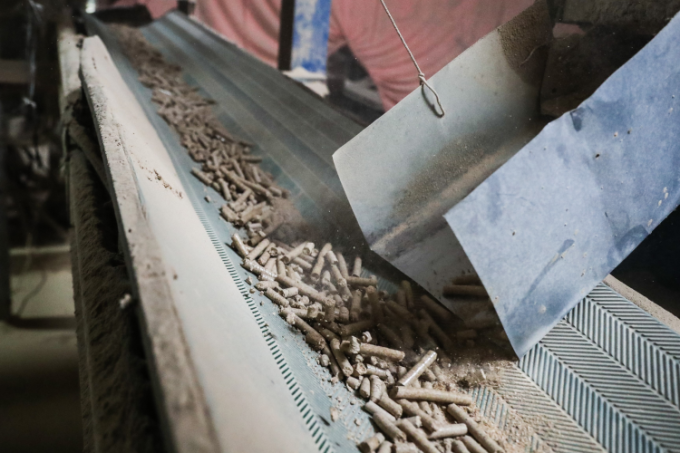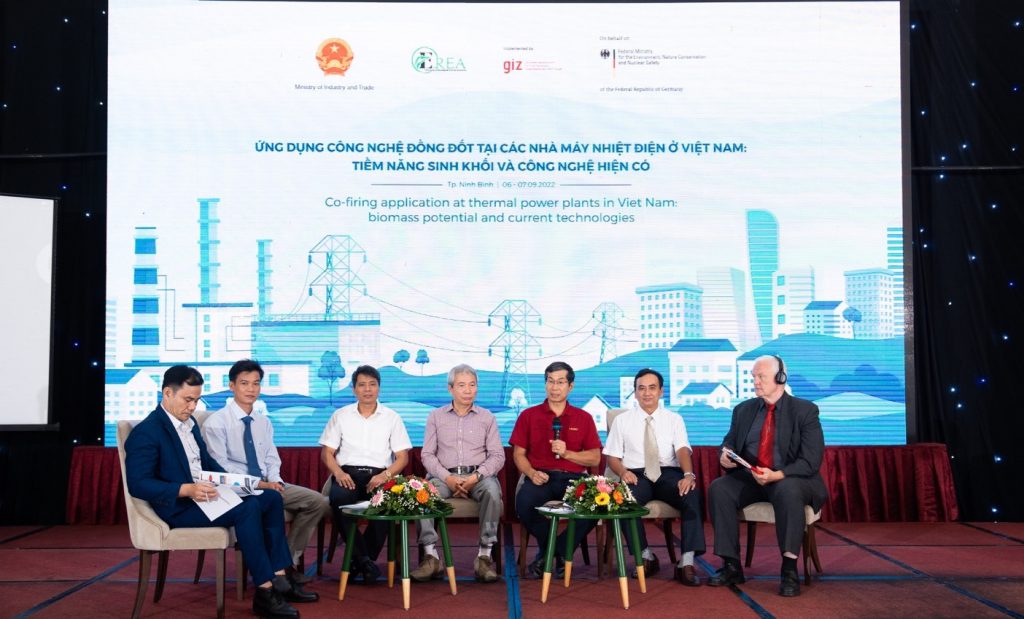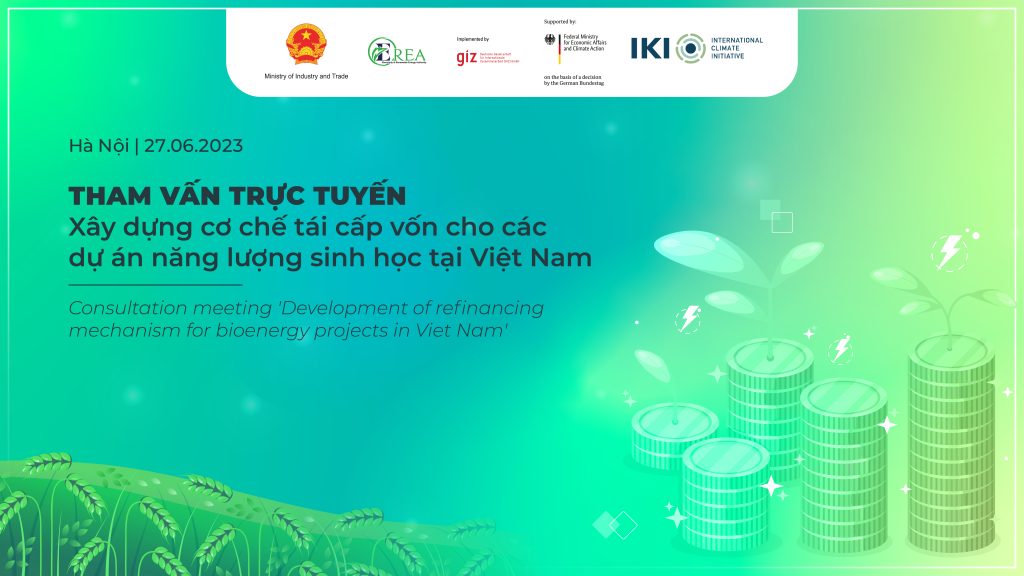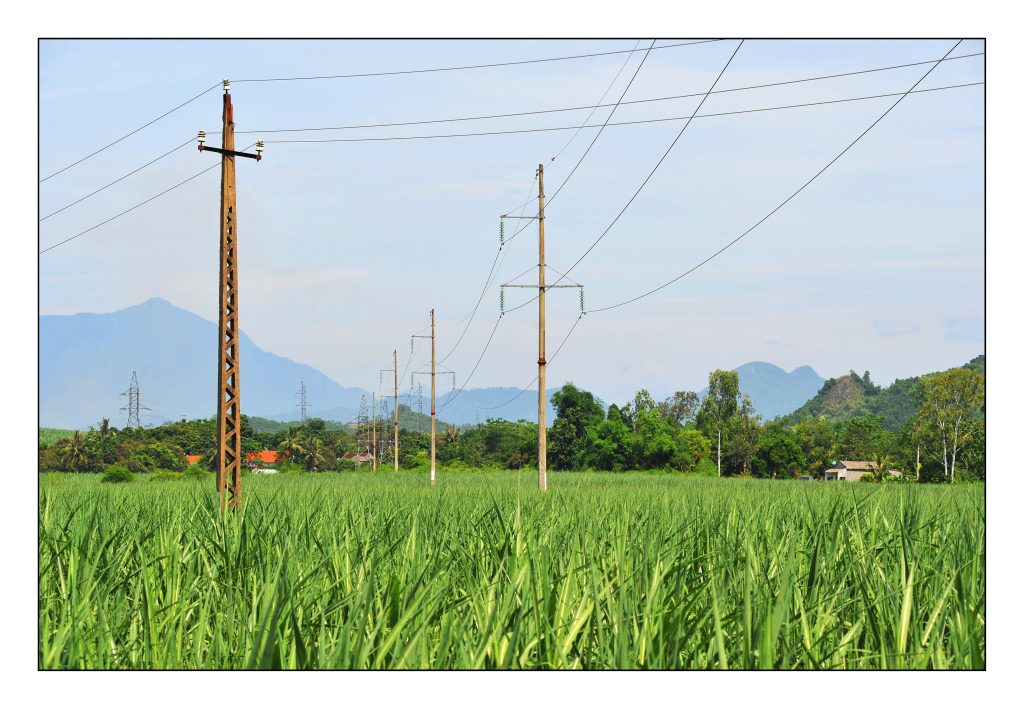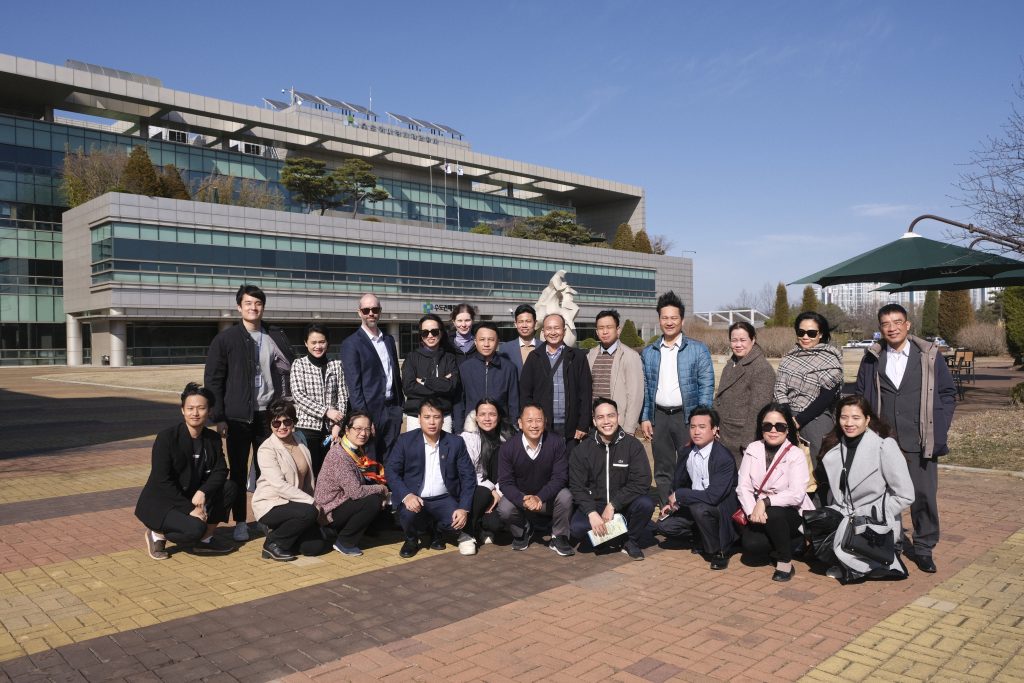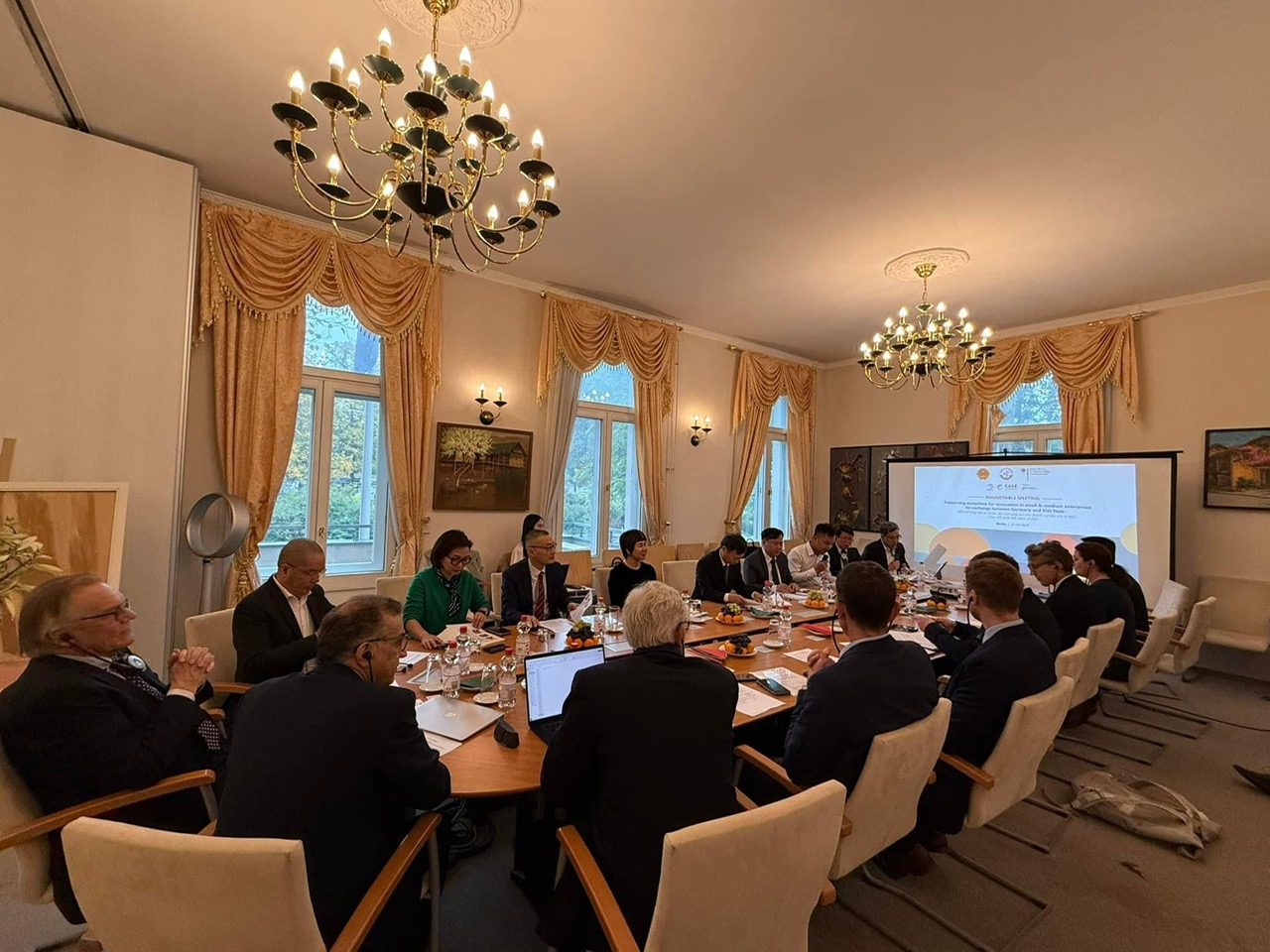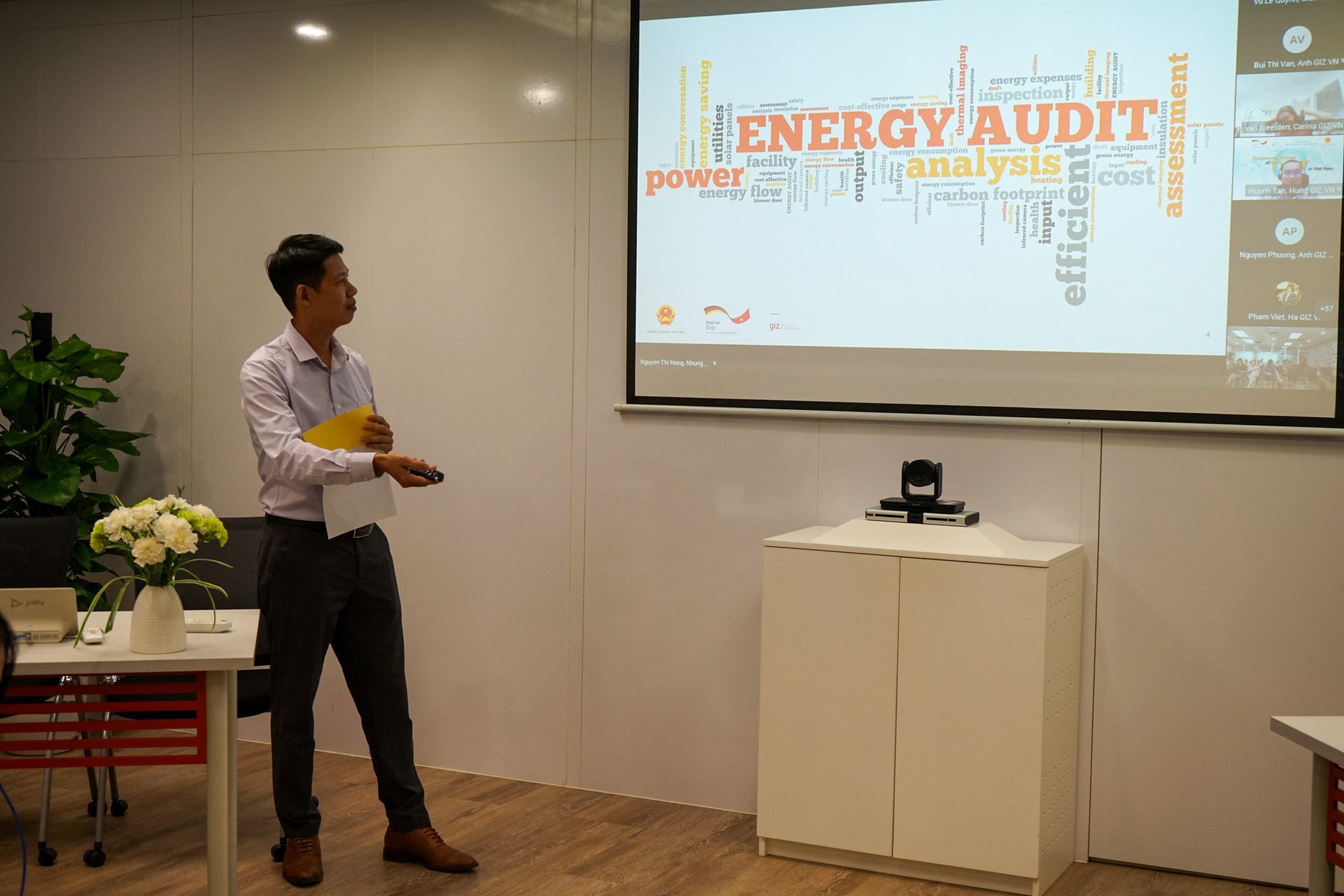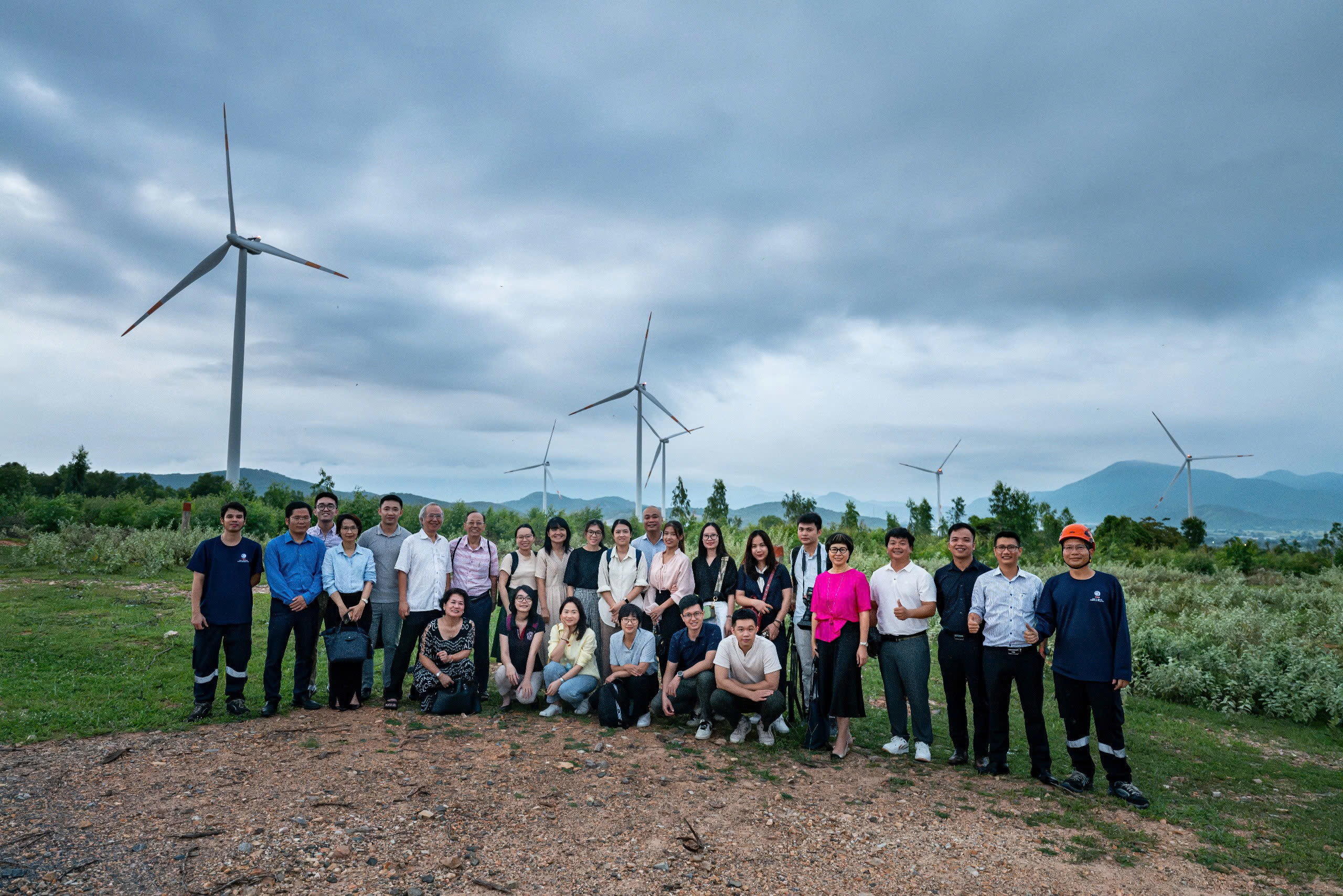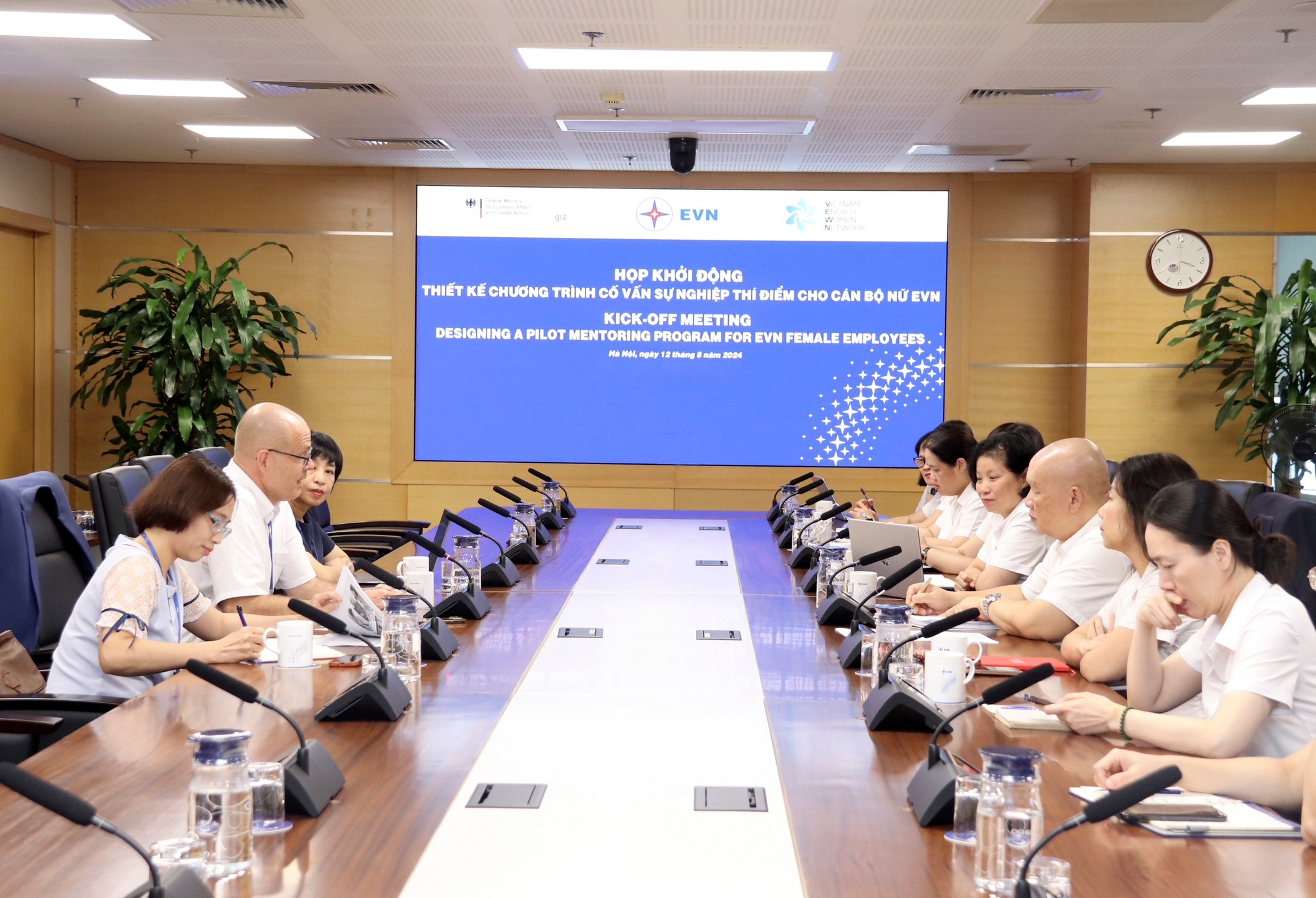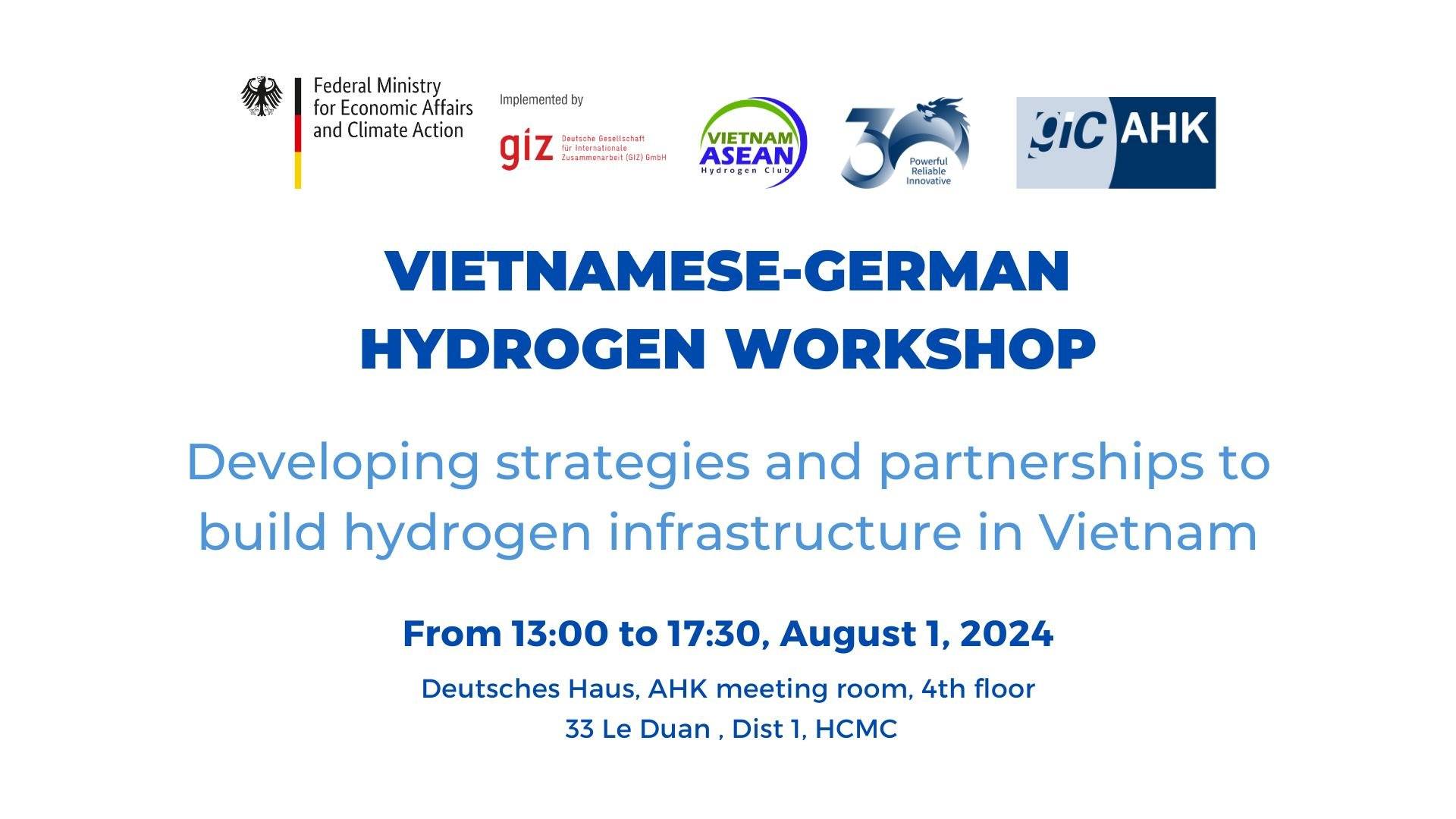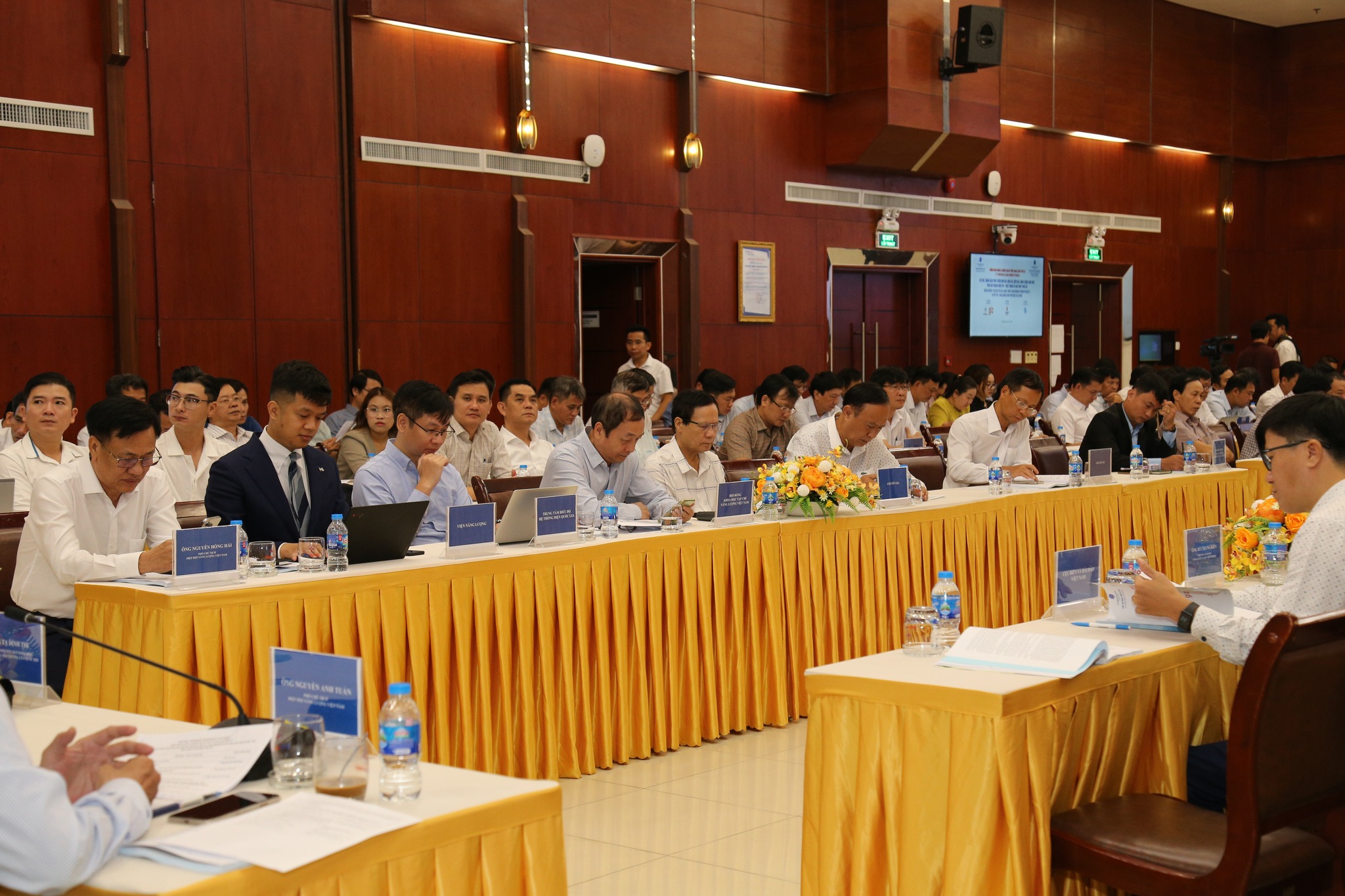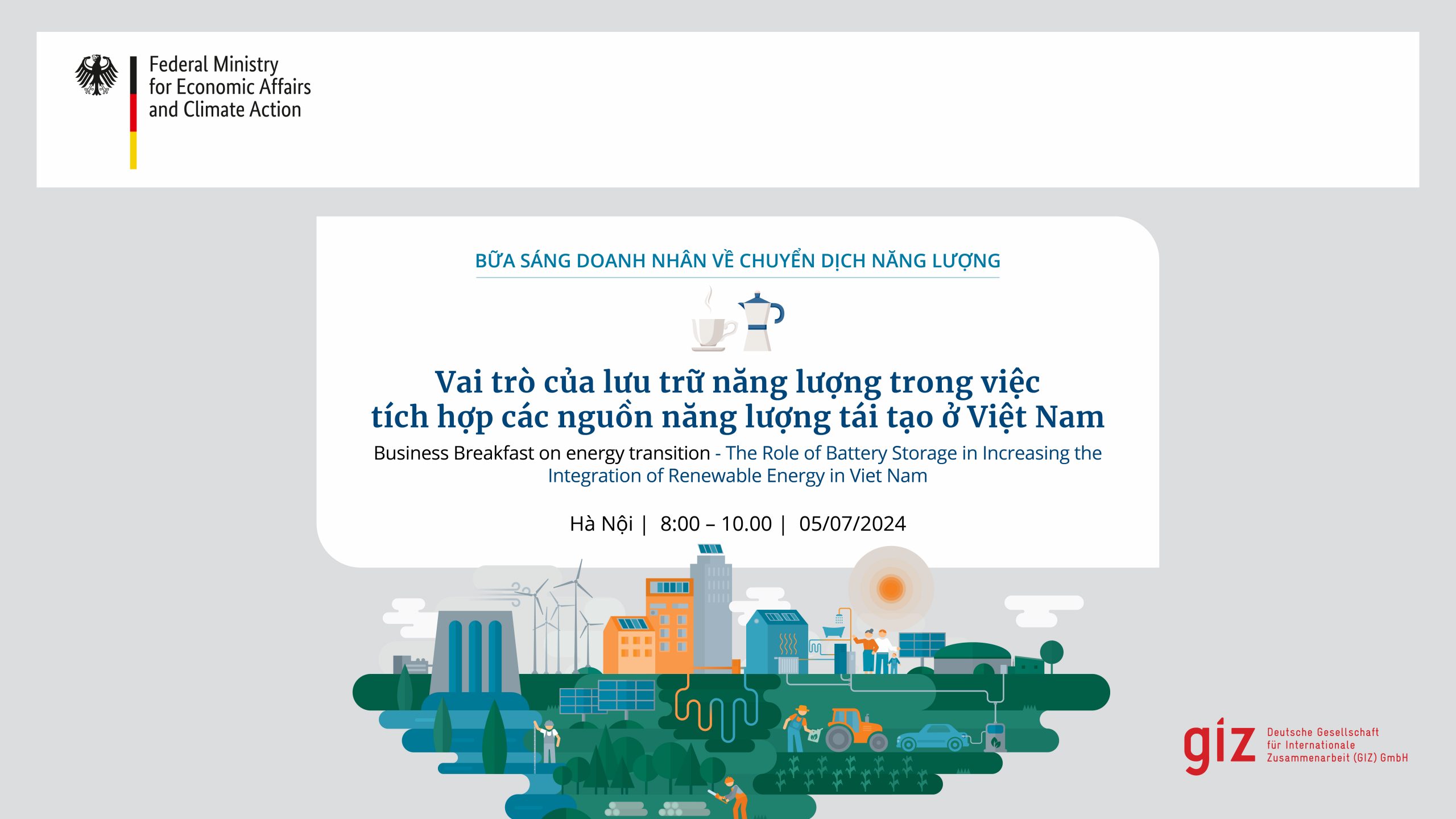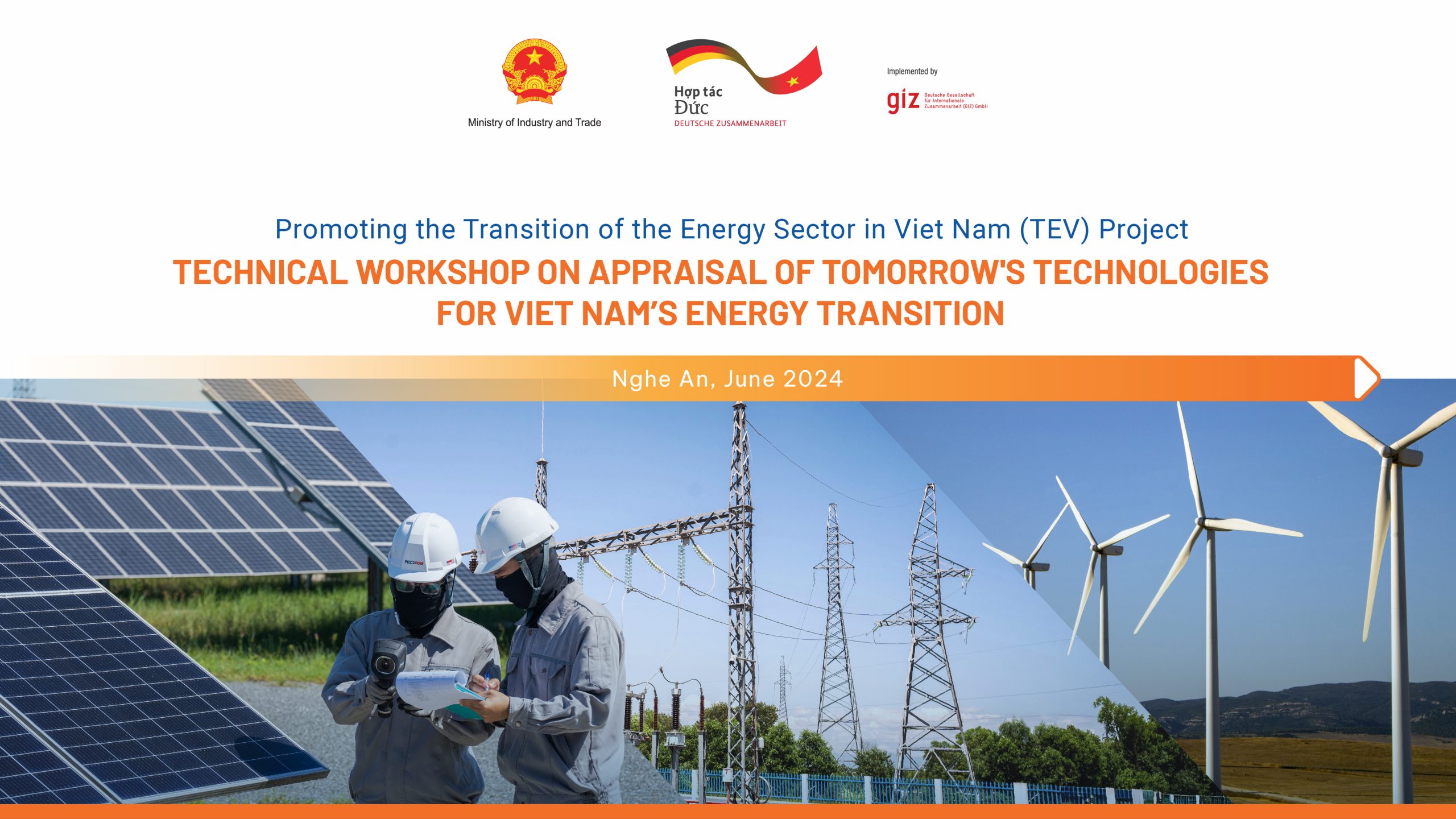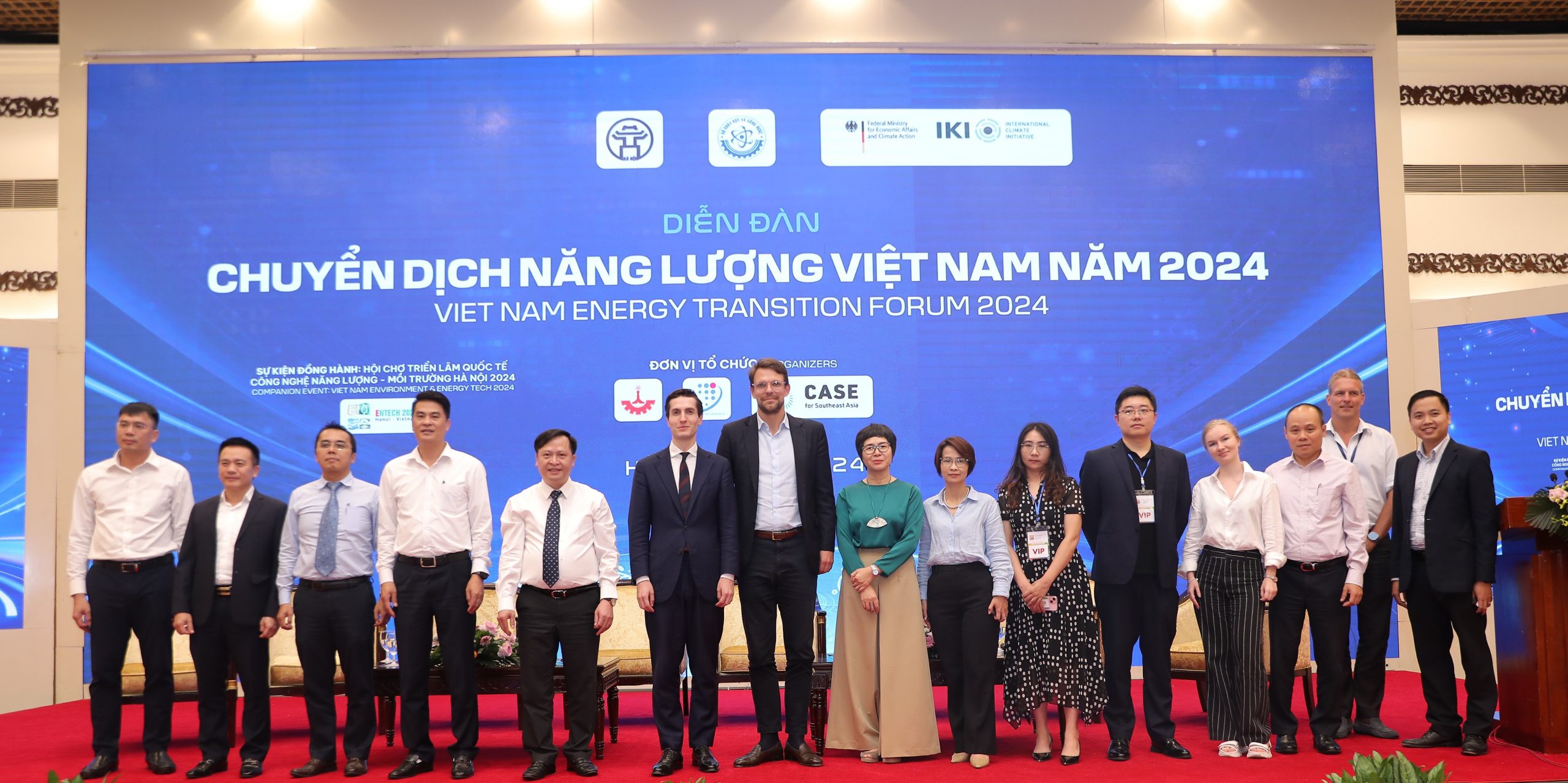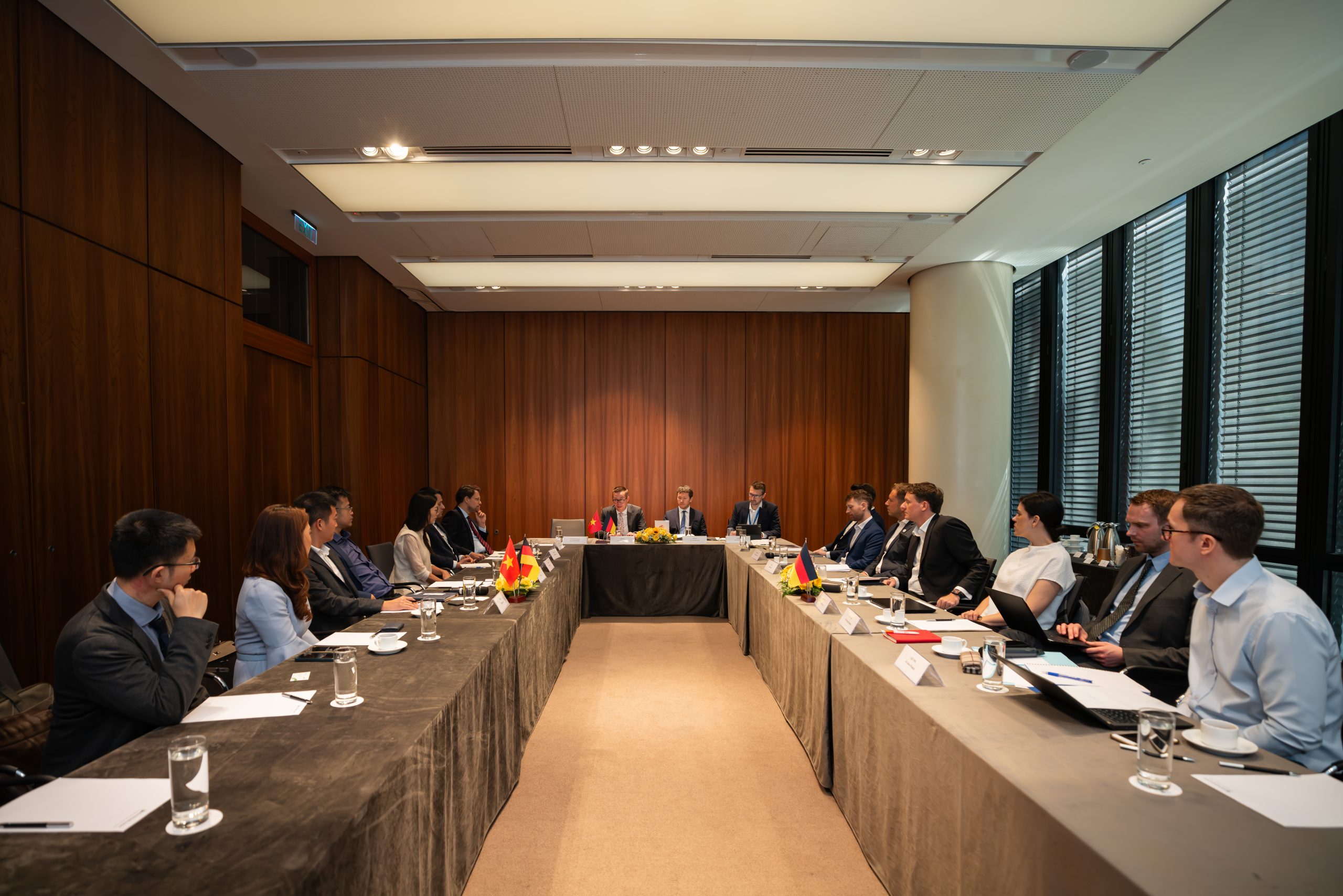As a country committed to achieving net-zero emissions by 2050, Viet Nam is developing mechanisms and policies to realize greenhouse gas reduction targets. The use of biomass pellets is one of the important solutions to help Vietnam realize its goals.
According to Pham Dinh Hoa, Director of Moc Dinh Import-Export Company (specializing in the production of biomass pellets), biomass pellets have great potential in the Vietnamese market, especially in forest areas such as melaleuca, acacia, rubber tree from North to South, with stable output, can become a sustainable energy source.
While many developed countries such as Germany, USA, Japan, Korea… actively use biomass energy for the purpose of Net Zero, this product does not have a certain position in the Vietnamese market. Christoph Kwintkiewicz, an international consultant from GIZ, also emphasizes that by replacing 10% of the annual imported coal with domestic biomass energy, Viet Nam can save around $1 billion per year and contribute to greenhouse gas emissions reduction.
Nguyen Duc Minh, Energy Advisor of the Climate Protection through Sustainable Bioenergy Markets in Viet Nam (BEM) project, implemented by GIZ, highlights the need to establish a national biomass development strategy, along with encouragement mechanisms for bioenergy development and the participation of domestic and foreign private companies.
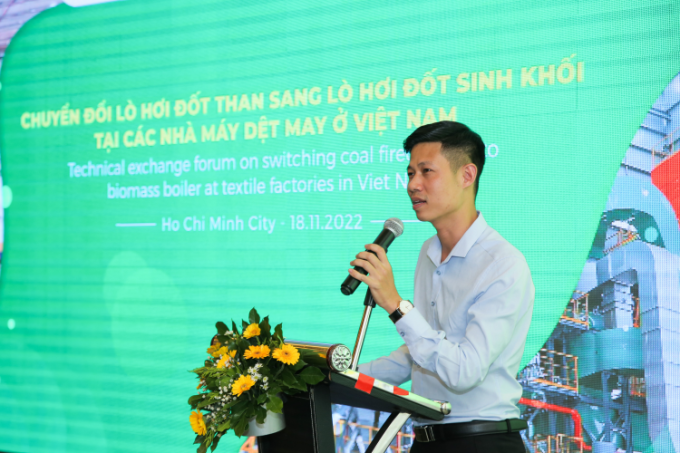
GIZ representative provides technical advice for a number of initiatives to use biomass energy instead of fossil fuels in industrial boilers. Photo: GIZ
Currently, the BEM project provides technical consultation for the use of biomass energy as a substitute for diesel and coal in industrial steam boilers of companies such as Sanofi and Decathlon in Viet Nam. These efforts are significant contributions to the efficient utilization of biomass energy, particularly biomass pellets, supporting Viet Nam’s Net Zero journey.
GIZ and the Electricity and Renewable Energy Authority (EREA) are jointly implementing the project. BEM is funded by the German Federal Ministry for Economic Affairs and Climate Action (BMWK) through the International Climate Initiative (IKI).
Read the full article here (in Vietnamese only): Link to the article



